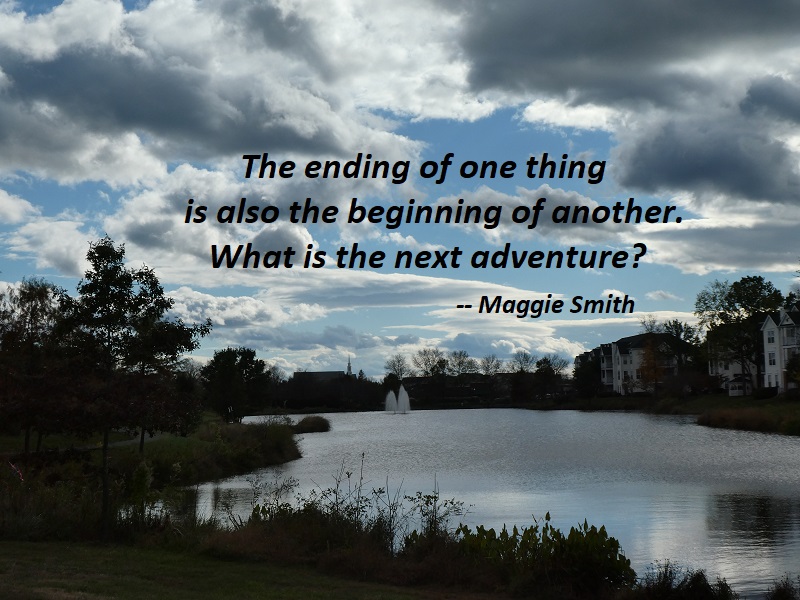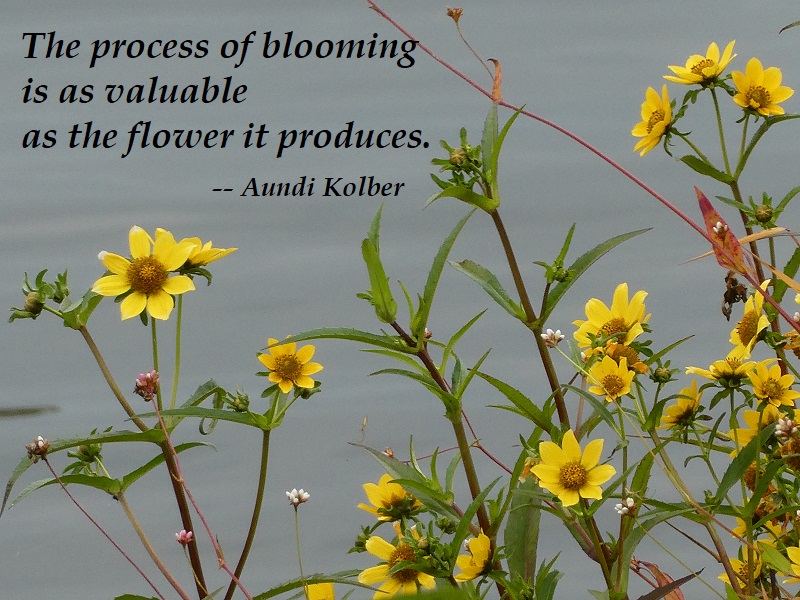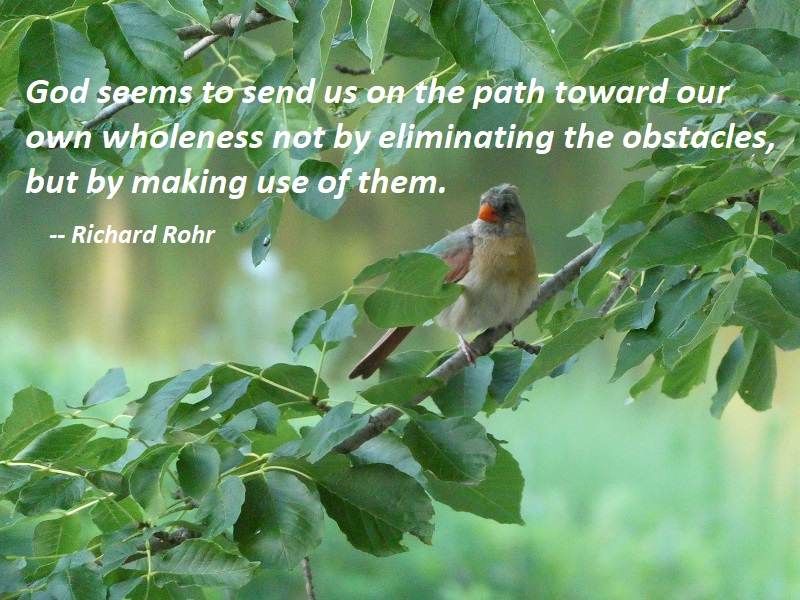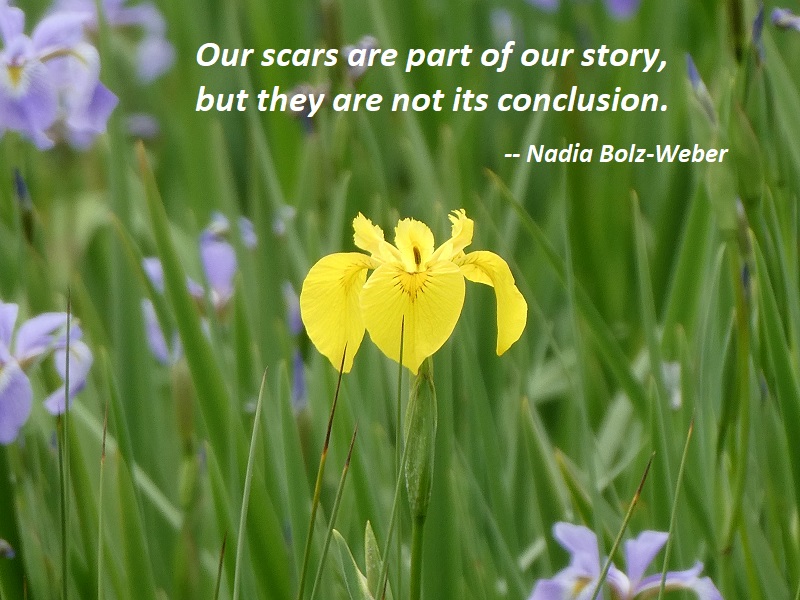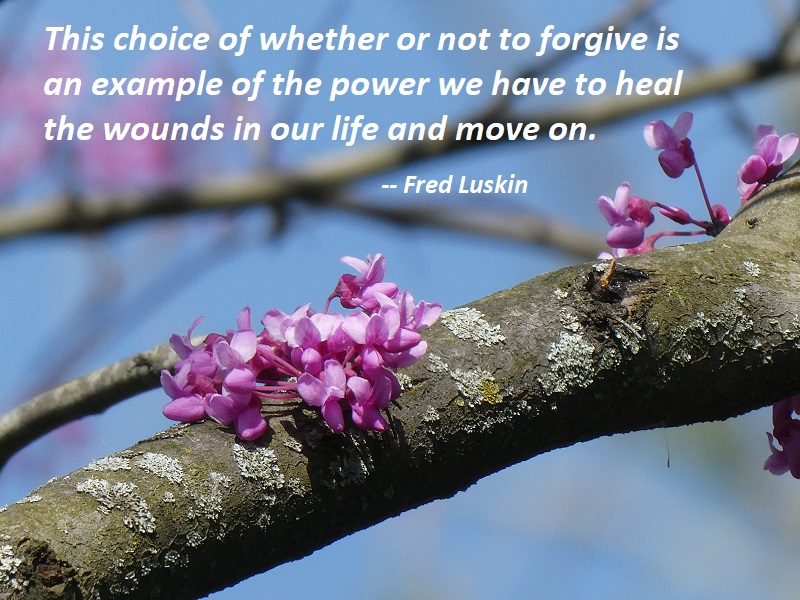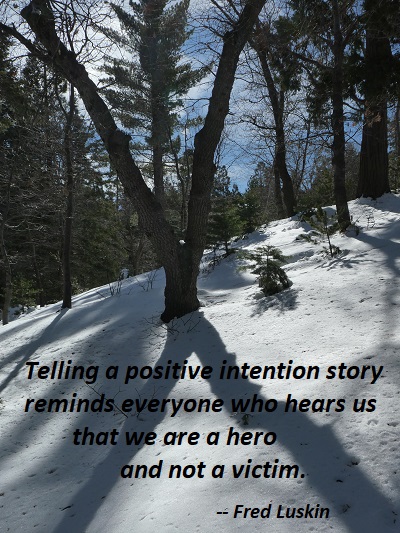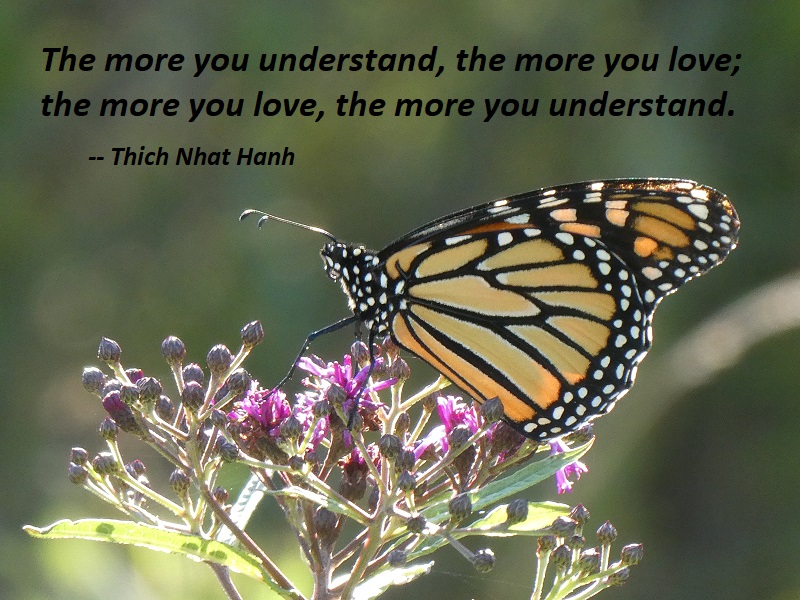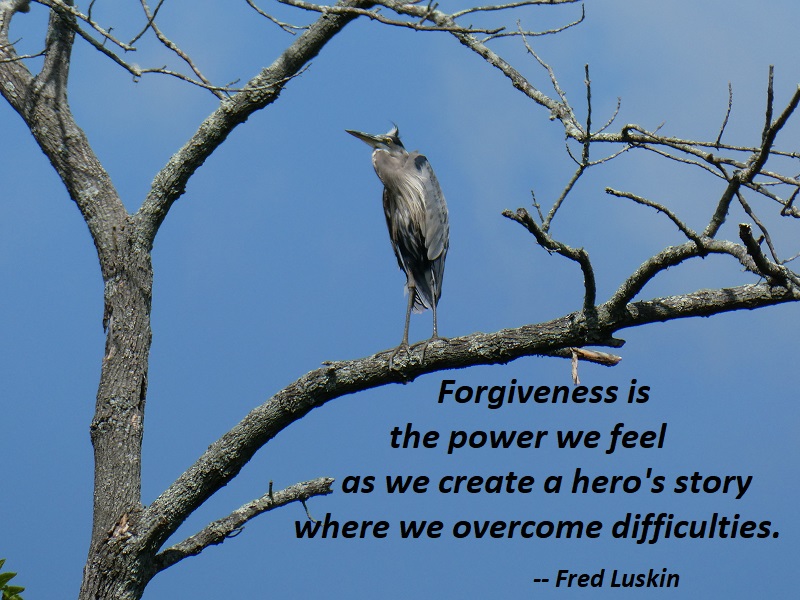
We must see this clearly, or we will miss the point of our life in Christ. Christ’s followers today receive the same calling and commission. If we miss this, it will have consequences. Rather than be witnesses to Christ in the way we love God, others, and ourselves, we will begin to think that Jesus came to make us nicer or a little more thoughtful, the kind of people who remember birthdays and select more personal Christmas gifts. Rather than tell others about God’s grace or offer mercy, we will believe that living a Christian life is about feeling forgiven of our sins. Rather than telling others about the habit-changing, bondage-breaking, turnaround-making power Jesus can have in our lives, we will cultivate a relationship with Christ that is so personal that we never share it with anyone else. Rather than speaking out and working for justice with those who hold position and power in our community and society, we will spend our time telling the already convinced how much better the world would be if it were not exactly as it is. Rather than offering acts of solace to those who grieve, comfort to the sick, or kindness of conversation with prisoners or returning citizens, we will simply offer thanks that we are not in such predicaments ourselves.
Jesus takes us on a journey so that he can deploy us on a mission. He offers his love to us so that we will share it with the world. He does this because he loves us. The first disciples knew they were beloved, not only because of what Jesus did for them, but because Jesus believed in them when he called them to go to Jerusalem, Judea, Samaria, and the ends of the earth. He knew what they could do for him. Jesus believed in them more than they believed in themselves. He saw more potential in them than they ever thought possible in their lives. He forgave them for what they were not, just as he celebrated all that they were. All of this is what is at the heart of being beloved by another. When we are beloved, we gain the confidence another has in us and make it our own. That confidence transforms how we think of ourselves. It guides the journey that, in the end, leads to who we become. Such love, once extended, is what stirs up a new sense of possibility in our lives.
This is the love God has for you, and the belief God holds in you. We must have faith that God believes in us, in our ability to love our neighbor, to treat ourselves properly in this life, and to worship the Lord with our heart, mind, soul, and strength.
— Tom Berlin, Reckless Love, p. 136-137
Photo: Rhein River from Burg Rheinstein, Germany, July 1997
